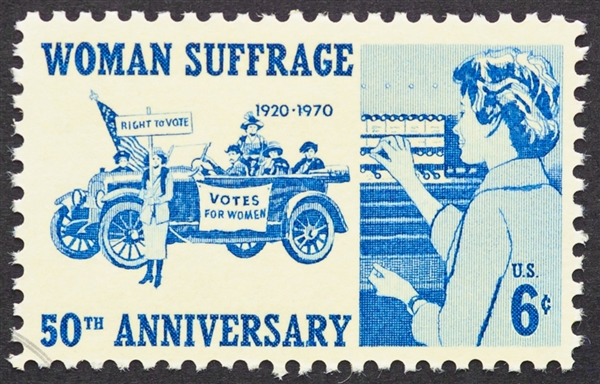In 1888, the first international women's rights organization formed to fight for the right for women to vote and run for office. Since then, the face of politics has predominantly been a white male face. But that face might be changing very soon. For the first time in U.S. history, there is a real possibility for state legislatures to have more women than men.

In the upcoming U.S. House and Senate elections, more women are running for office. For primaries featuring at least one woman, one man, and no incumbent, Democratic women have been the top vote-getters in 71% of cases year-to-date.
The diversity of the candidates in the upcoming U.S. House and Senate elections is also making history. In Texas, two female Democratic candidates are set to become the first two Latina members elected to Congress. In Georgia, Stacey Adams won the Democratic Primary becoming the first black woman to be a major party nominee for governor. And in Alabama, it was the black female voters who were considered the decisive demographic in Democrat Doug Jones' triumph over Republican Roy Moore. And following Jones' victory, Alabama has seen a record number of black women running for office as Democrats.
What does it all mean?
But ultimately, what will more women in government mean? Will it change anything at all?
Traditionally, women have championed social issues like better healthcare, affordable education, and equal pay. Will these issues finally have legislative support? And if so, what will that mean for business, and the economy? Is women's interest in politics just a knee-jerk reaction to President Trump? Or will they remain active beyond this next term?
Will business rooted in more traditionally women's issues rise to the forefront - getting access to better funding and government support?
Is this trend in the U.S. the start of a larger global trend?
Is this the first step to a post-partisan system?
These are just a few of the questions, we're talking about around the office at Sandstone. We'd love to know what you think. What predictions or trends do you see coming out of the women's movement? Are they all positive? Let's have a conversation. Raise new questions. And let's find more opportunities for investments that have a positive impact on people and profit.